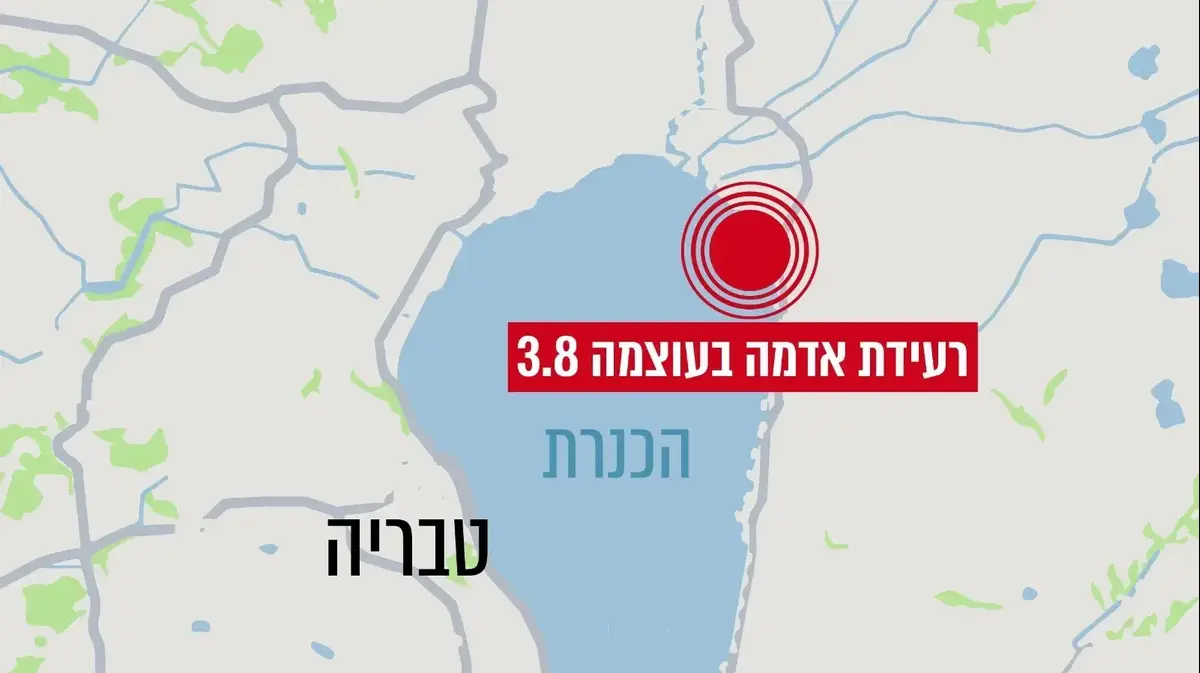Enlarge image
Kırıkhan on Tuesday: After the earthquake, helpers are looking for people who were buried in the area
Photo: Piroschka van de Wouw / REUTERS
The risk of earthquakes in the Turkish-Syrian border area has not been banned.
"There will be aftershocks in the epicentral region in the next few weeks to months," said geophysicist Heiner Igel from the Department of Earth and Environmental Sciences at the Ludwig Maximilian University of Munich (LMU), according to a statement from his university.
The feared earthquakes could reach a magnitude that would lead to further damage.
"Unfortunately, the population there has to be prepared and carefully check which buildings are still safe," says the expert.
On Monday, earthquakes with a magnitude of up to 7.8 shook the Syrian-Turkish border region.
Scores of people died in the rubble.
So far, 17,000 deaths have been reported in connection with the accident, and the number is constantly growing.
Even days after the quake, the region is in a state of emergency, aid workers are busy recovering more bodies and treating the injured (read more about medical work in such situations here).
Concern for Istanbul
The source of the quake is the 700 km long East Anatolian Fault.
In the affected area, the small Anatolian plate lies like a wedge between the Arabian plate, which is pushing from the south, and the Eurasian plate, which is to the north.
The Anatolian Plate is gradually being pushed away to the west.
In the process, tensions build up, some of which have now been discharged (read more about the geology of the quake here).
Experts continue to worry about the second long stretched continental earthquake zone in Turkey: the North Anatolian Fault.
Igel warns that the risk for the particularly densely populated region of Istanbul may have increased further after the earthquake on the East Anatolian Fault.
One knows a voltage transfer, according to the expert.
"It can make earthquakes some distance away that are overdue more likely or delay their occurrence." Which of the two options becomes reality depends primarily on the direction of future earthquake sources from the previous epicenter.
A larger earthquake is expected for the Istanbul region in the coming decades.
"No one can predict when it will take place," says Igel (read more about the difficulty of earthquake forecasts here).
According to the announcement, LMU geologist Anke Friedrich explained that in an emergency, massive collapses of buildings that were not reinforced or built to be earthquake-proof can be expected.
"In addition, tsunami scenarios are not improbable."
jme




/cloudfront-eu-central-1.images.arcpublishing.com/prisa/E2SOPDAIKRGJPJY4T2WETDP77I.jpg)








